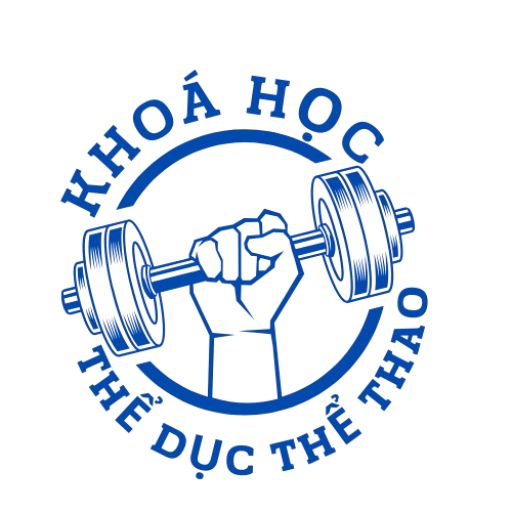Smart drugs have risen as a hot topic in the world of brain health. Whether you’re hustling through college exams, grinding in a startup, or just trying to think clearer, nootropics claim to enhance your cognition.
So, what are nootropics really? These are either natural supplements or lab-made compounds that claim to give your brain a leg up. They aim to help you with memory, focus, creativity, or even motivation
## Types of Nootropics
Let’s explore the main types of nootropics:
### Plant-Based Enhancers
These include herbs, amino acids, and other plant-derived substances. Think of Ginkgo Biloba, Bacopa Monnieri, Rhodiola Rosea, Ashwagandha. These are known for helping with memory, reducing brain fog, and calming the nervous system.
Lion’s Mane mushroom is a standout—it supports neuron growth and may slow age-related decline.
### 2. Synthetic Nootropics
You’ve probably heard of Modafinil—it’s the productivity pill from Silicon Valley. They were originally created for medical conditions like dementia and ADHD.
Modafinil gives you the focus of a monk—minus the robes.
### 3. Nutraceuticals & Vitamins
Some nutrients are the fuel your brain runs on. Key players here include Omega-3s, vitamin D, B12, and N-Acetyl L-Tyrosine. Sometimes your brain just needs hydration and the right micronutrients.
## How They Affect the Brain
So how do these smart drugs actually work? Some improve cerebral blood flow, others enhance synaptic plasticity. That’s why some people swear they feel like a genius after taking them.
Acetylcholine is the big shot here—it’s key for memory and learning.
## What’s the Hype?
Here’s what users report:
– Sharper remembering
– Less procrastination
– Good vibes with productivity
– Quicker grasp of complex concepts
– Reduced anxiety and stress
Results vary from person to person, but many report a mental edge that’s hard to ignore.
## The Flip Side
Nootropics aren’t all sunshine and genius. Side effects can include nausea, anxiety, or irritability. Synthetic nootropics, especially, should be used with caution.
There’s a lot of snake oil out there. Always check third-party lab results and real user reviews.
## Nootropic Stacks
A popular practice is stacking—combining multiple nootropics for synergistic effects. Examples include:
– **Caffeine + L-Theanine**: Like espresso with a meditation app
– **Modafinil + Alpha GPC**: Serious workhorse blend
– **Bacopa + Rhodiola + Lion’s Mane**: Stress reduction + mental clarity + neurogenesis
Pre-formulated stacks like Mind Lab Pro, Alpha Brain, or Qualia are also gaining traction.
## Who Uses Nootropics?
You’d be surprised who’s popping these pills. Common users include:
– Med school warriors
– Tech workers and programmers
– Esports players
– Writers, creatives, and musicians
– Memory-conscious seniors
## Beginner’s Guide
Curious but cautious? Good. Follow these steps:
1. **Start small**: Begin with basics like L-Theanine or Omega-3
2. **Research thoroughly**: Know what you’re putting in your body
3. **Cycle your usage**: Take breaks to avoid tolerance
4. **Track your results**: Everyone reacts differently
5. **Talk to a doctor**: Especially if mixing with medication
## Closing Brainwaves
They won’t make you Einstein overnight, but they might help you think a bit clearer. With the right mindset and care, nootropics can be part of a smart productivity plan.
Curious enough to experiment wisely?
Read more: omeka.net (best nootropics cognitive enhancers)

